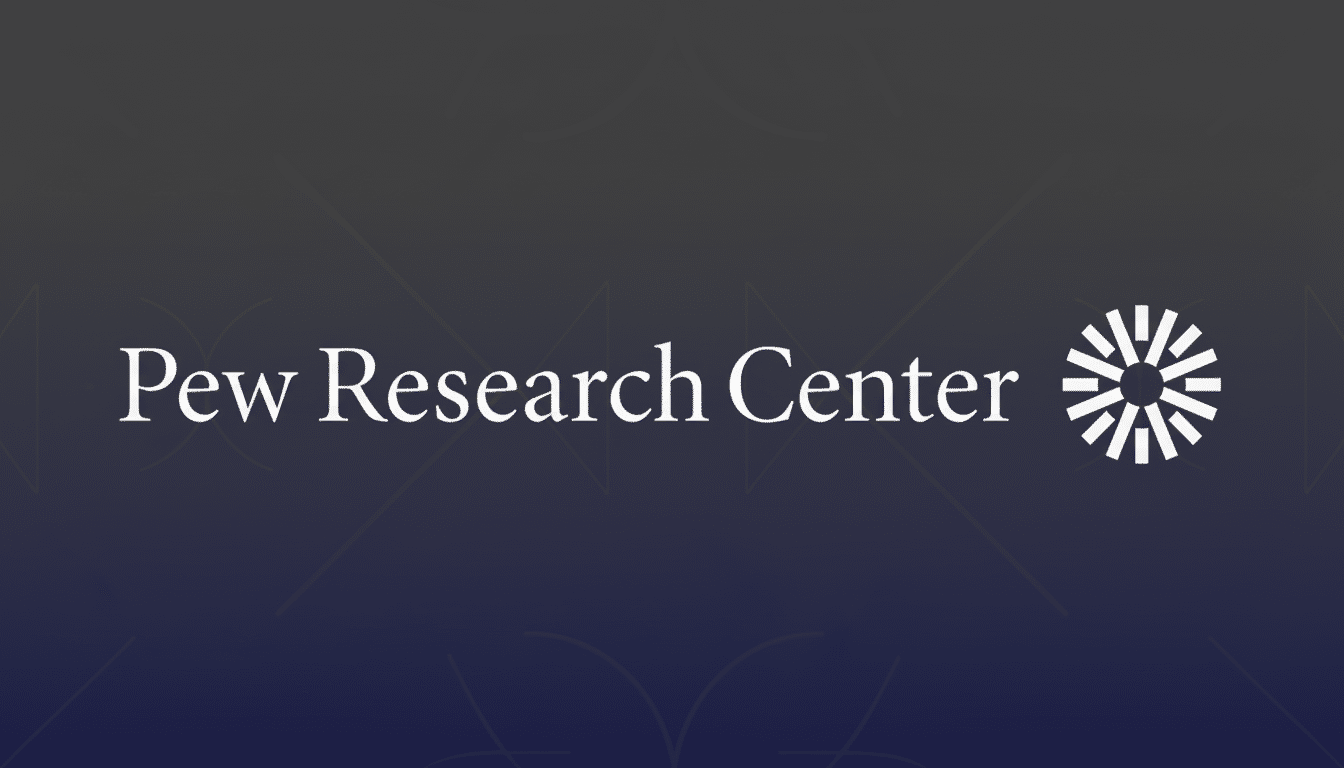If artificial intelligence seems like it’s everywhere, that’s because it is — and continues to grow exponentially.
Research firm Gartner, in its tech trends outlook, claims technology actually has three different ages: human, machine and digital. We’ve been through one phase and are midway through the next as we drive toward the third age of innovation.
- What the numbers say about global AI enthusiasm
- Regulation and trust divides shape attitudes on AI
- AI familiarity is uneven across age and income groups
- Why views on AI differ across nations and communities
- AI adoption keeps rising even as public doubts persist
- The bottom line on global AI sentiment and public trust

As AI evolves from invention to commodification, many wish it didn’t make progress so rapidly. It just needs to be good enough for its applications while delivering quality at scale — or, said another way, “There will always be more wrinkles,” says Chris Surdak with respect to datasets driving models.
Cognitive biases can prevent us from seeing them embedded in historical data when they’re not needed; on top of that, used naively without thought, there follow harmful unintended consequences (e.g., limiting credit and employment opportunities).
A sweeping Pew Research Center survey across 25 countries reveals that in most places, a majority of people are more concerned than enthusiastic about the emerging development and deployment of artificial intelligence. Though the survey did not collect data from countries that are major practitioners of surveillance like China and Singapore, the findings do suggest that Americans are among the most anxious, with South Koreans among the least — a split that reflects as much about national context as about technology.
The figures reflect a global paradox: The spread of adoption seems to be surging as doubt, interest and criticism grow. That tension shapes how governments write rules, how companies roll out AI and how the public decides whether to trust it in schools, workplaces and daily life.
What the numbers say about global AI enthusiasm
Half of adults in the United States and Italy say they are more worried than enthusiastic about AI, Pew found. Another 38 percent in the United States feel equally excited and concerned, and only 10 percent say they are mostly excited. Meanwhile, Canada brings up the rear with the lowest share for “mostly excited” at 9%.
There are a few pockets of excitement. Israel leads the way in enthusiasm for this mostly or very excited group at 29%, followed by South Korea and Sweden at 22% and Nigeria at 20%. Even so, enthusiasm is a minority position. The country with the fewest concerns around technology threats, meanwhile, is South Korea — a trend that aligns with its adoption of technologies and STEM education.
Regulation and trust divides shape attitudes on AI
The public is doubtful that world powers will do AI policy well. Pew’s results reveal that many individuals have more trust in their own government, or in the European Union’s strategy, which has been crystallizing with the EU AI Act and other digital regulations. And there’s ample evidence that the EU has a credible track record of reining in big tech power, even among respondents who don’t live in the EU.
Trust varies sharply by country. The highest level of confidence in the government’s ability to regulate AI is found among Indians (89%), followed by Indonesians (74%) and Israelis (72%). At the other end, only 22 percent of Greeks agree. Americans are roughly divided in trust and distrust, at 44 percent and 47 percent.

Politics matter, too. In the U.S., Republicans and right‑leaning independents are more likely to trust federal regulators when it comes to AI (54%) than are Democrats and Democratic‑leaning respondents (36%). That partisan divide reflects larger battles over innovation, market forces and the role of government.
AI familiarity is uneven across age and income groups
AI knowledge isn’t distributed equally. Younger adults express more familiarity in nearly every country Pew looked at. High‑income countries also stand out on awareness: Approximately half of adults in Japan, Germany, France and the U.S. have heard a lot about AI, compared with 14% in India and 12% in Kenya.
Gender gaps persist. In over half of the countries surveyed, men are more likely than women to say they have heard a lot about AI, and women are more likely to be mostly concerned. But OpenAI’s own user analysis shows we’ve opened a gender gap: Most ChatGPT users are women — evidence that awareness surveys and real‑world use don’t necessarily follow in lockstep.
Time spent online is also at play. So‑called almost constant internet users are more likely than less frequent internet users to be excited about AI, an indication that exposure can normalize the tech even as it raises new questions.
Why views on AI differ across nations and communities
Local context shapes sentiment. Nations with robust AI ecosystems like South Korea and Israel are more likely to report heightened excitement, based in familiarity and tangible application in areas like health care, security and consumer tech. Italy’s heightened interest is likely a result of recent privacy struggles, such as temporarily blocking a popular chatbot by its D.P.A. (Data Protection Authority). While the population skews young, there is also a buoyant local start‑up scene that can shift attitudes toward cautious optimism.
The worries among researchers and regulators are familiar: misinformation and deepfakes; algorithmic bias; data privacy; copyright debates; security risks, including those posed by hackers exploiting vulnerabilities in well‑trained systems; and environmental waste through the training of massive models. Yes, people are using AI tools, but those systemic risks feed a default posture of caution.
AI adoption keeps rising even as public doubts persist
Despite the disquiet, usage is exploding. Some 800 million people interact with ChatGPT on a weekly basis, OpenAI says; that would make it one of the most visited websites in the world. Businesses are embedding AI into productivity suites and the customer service experience, and governments are experimenting with models for pooling information from citizen services. The upshot is a moment of “trust gap”: The technology’s reach is expanding more quickly than public faith.
The bottom line on global AI sentiment and public trust
Across 25 countries, the mood is one of careful curiosity rather than raw enthusiasm. Establishing trust will take visible guardrails: clear marking of AI‑produced content, strong privacy protections, bias audits and accountability measures along the principles advanced by organizations like the OECD and UNESCO. Public sentiment is not already fixed, but it will shift only when rules, incentives and real‑world outcomes demonstrate that AI can indeed provide the benefit without muting or sidelining human judgment.

